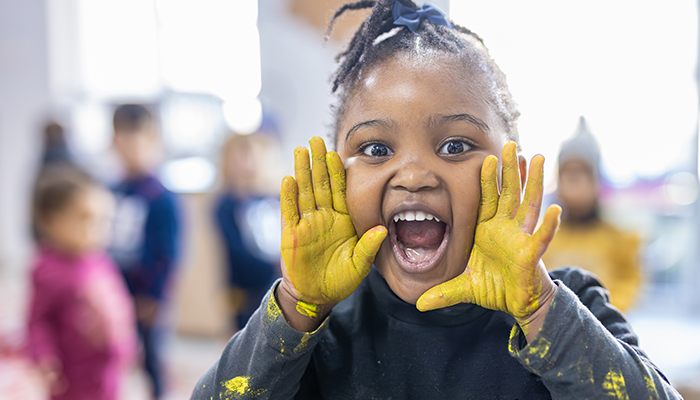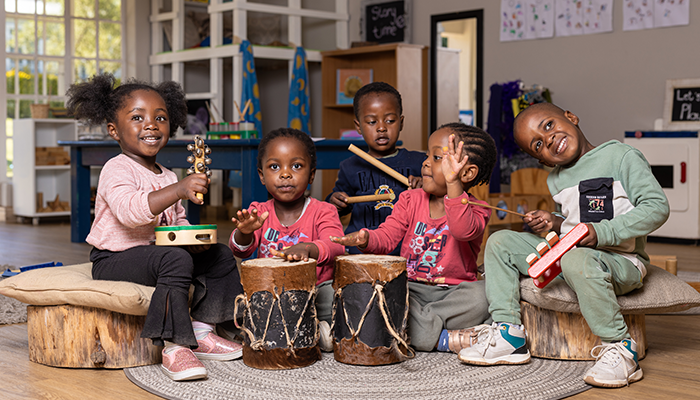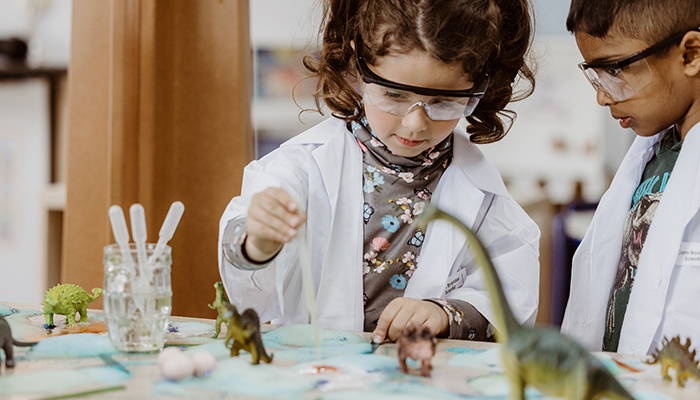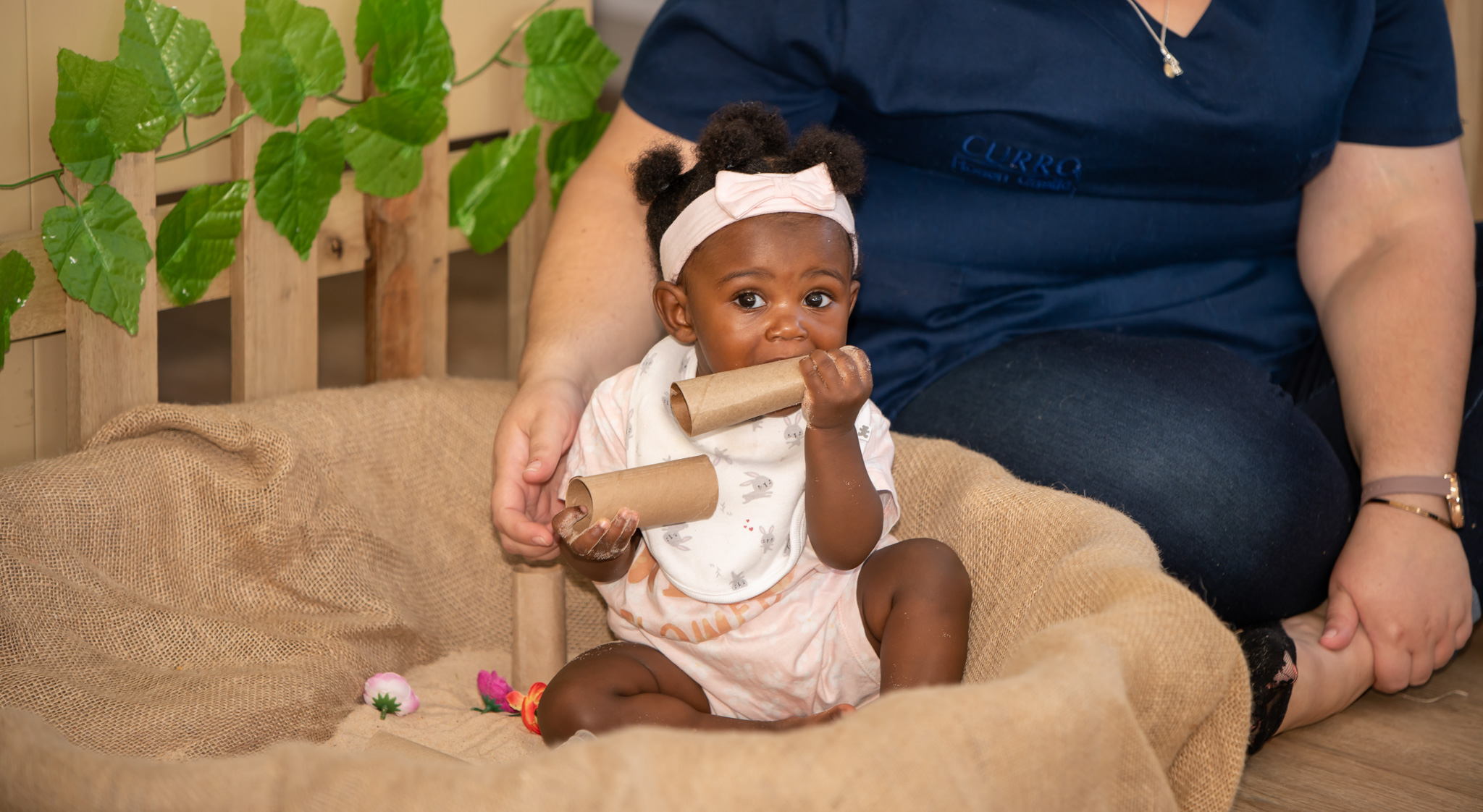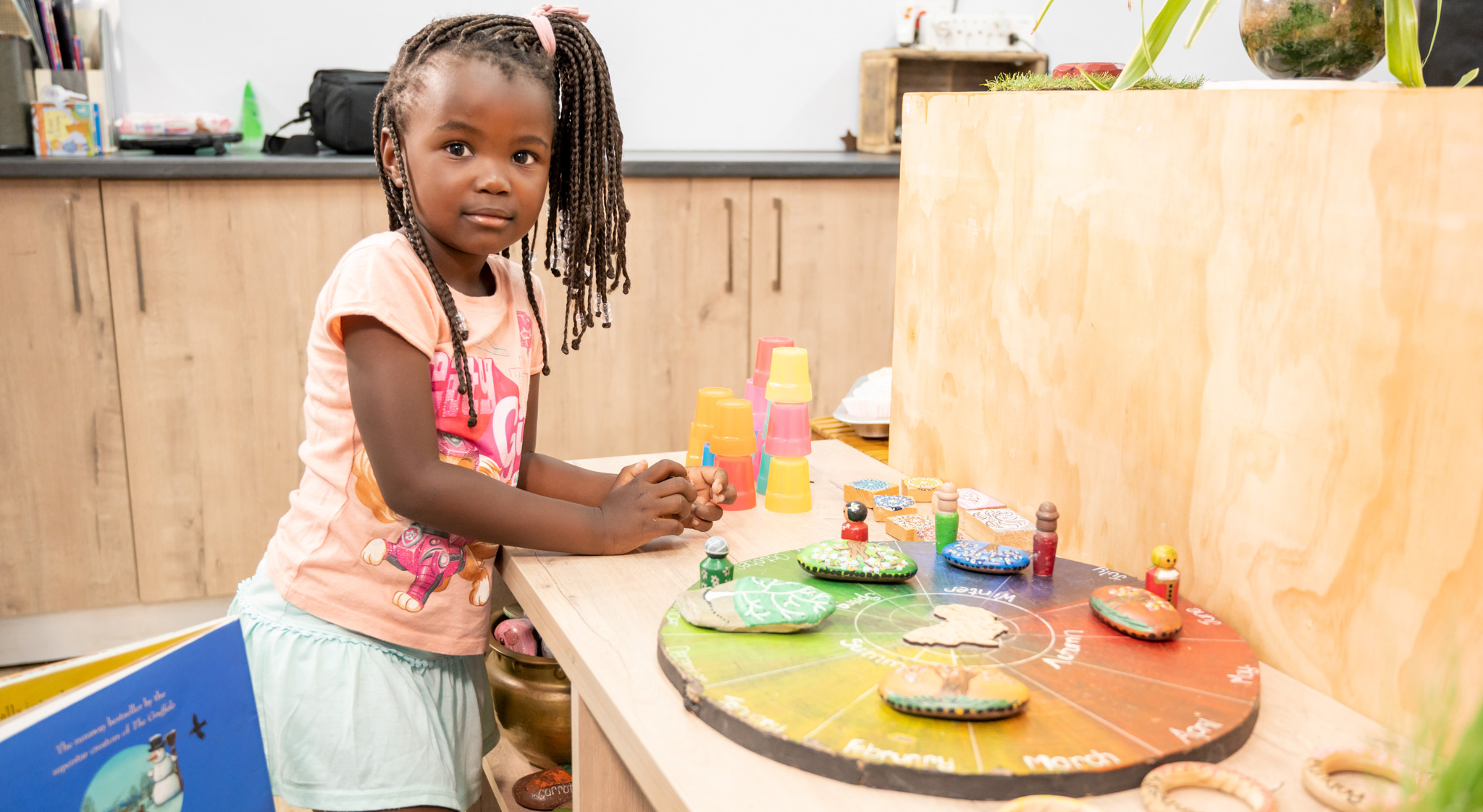
At Curro, we know that a child’s early years lay the foundation for their future. The rapid speed at which they grow, learn and develop physically, emotionally and cognitively means that every interaction contributes to their journey. Everything they learn in these early years starts with and centres around what they do with their bodies – in other words, letting them run, play, and move their bodies as a child should. This, in turn, better prepares them for their future formal learning.
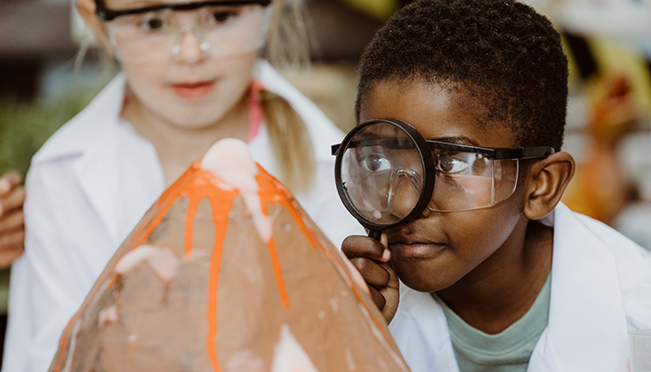
Why is it so important for children to play?
Children learn by discovering the world around them while they play, which forms an integral part of early childhood development. Textures, sounds, shapes, tastes, rhythms, heights, depth perception, up and down, over and under … all of this and more is learned while physically playing with various objects or just using their bodies to explore what they see around them.
This in turn lays the foundations for counting, adding and subtracting, writing, reading, problem solving, and everything else they need for succeeding in formal learning which starts in primary school.
Hear it from our experts:
Why should young children not do formal work yet?
At this age, anything that is learned while playing is cemented more quickly and more strongly than anything learned through formal methods. Sitting on a chair at a table with a pen in their hands deprives young children of so much development. They are deprived of what their bodies and minds are naturally inclined to do at that age: play. This, in turn, causes them to learn less (and more slowly), and they are more prone to anxiety due to the pressure of needing to achieve at such a young age.
In other words, when young children are allowed to play, they gain the tools and basic knowledge necessary for successful formal learning later on. This is why a play-based approach during early childhood development is crucial.
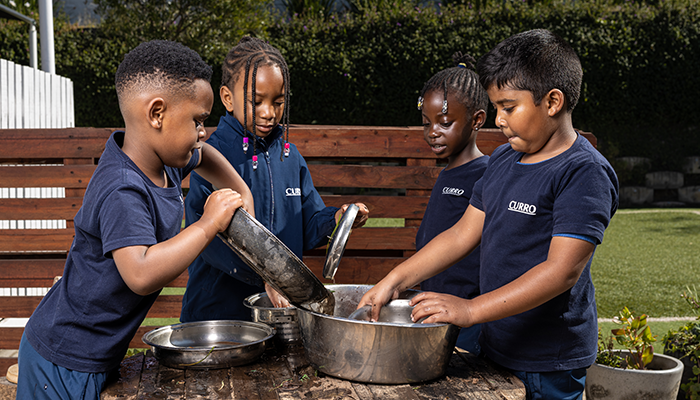
Why should children still play in Grade R?
At Curro, we know that 6-year-old children still have the capacity for emotional and physical development gained through play, before focusing solely on cognitive development through formal learning. They need to prepare emotionally for the formal structure of sitting and writing at a table and the new experience of focusing on academics.
This is why the first few months in Grade R still involve a lot of play, in a carefully structured manner. They also build a wealth of real-world experiences in miniature that ultimately help them to connect what they learn in the Grade R classroom with the academics that come later on. Writing, reading, counting … all of this starts with a strong foundation of learning through play.
You might not see workbooks filled with writing from day one, but as we progress through the year the amount of formal learning (and workbook activity) increases until the entire Grade R curriculum has been covered with great success – and your child is ready to take on Grade 1 with confidence.
